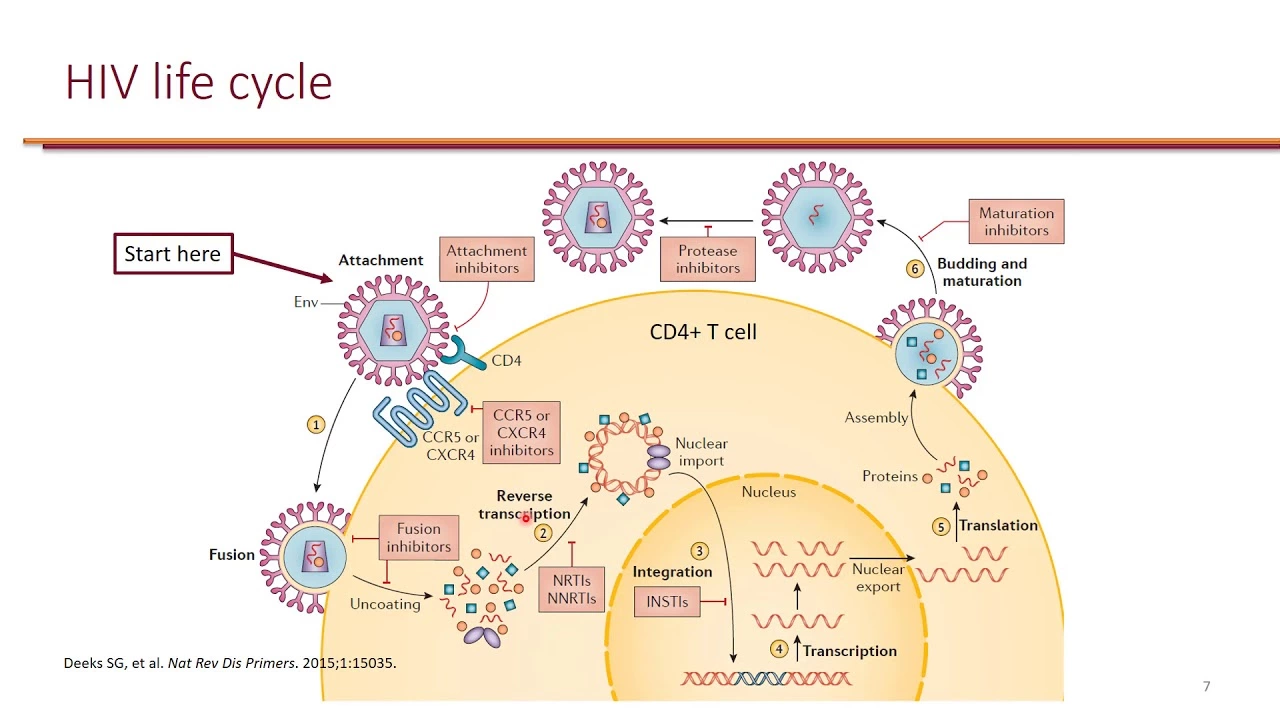Antiretroviral Drugs: What They Are and Why They Matter
If you’ve ever heard the term “antiretroviral” and wondered what it actually means, you’re not alone. In plain speak, antiretrovirals are medicines that stop HIV from making copies of itself. By cutting off the virus’s ability to reproduce, they keep your immune system from getting worn down.
Most people start these meds soon after diagnosis, but some begin earlier if they’re at high risk. The goal isn’t a cure – it’s viral suppression, which means the amount of HIV in your blood drops so low you can live a normal life.
How Antiretrovirals Work
Antiretroviral therapy (ART) is actually a cocktail of several drugs, each hitting a different stage of the virus’s lifecycle. One class blocks the virus from entering cells, another stops it from turning its RNA into DNA, and a third prevents the new viral particles from being assembled.
This multi‑pronged attack makes it hard for HIV to develop resistance. Think of it like locking several doors on a house – if one lock fails, the others still keep the intruder out.
Modern regimens often combine three drugs into a single pill taken once daily. That simplicity boosts adherence, which is the biggest factor in keeping the virus suppressed.
Choosing and Using Your Medication Safely
Picking the right antiretroviral isn’t a one‑size‑fits‑all decision. Your doctor will look at your overall health, any other meds you take, and how likely you are to experience side effects. Common issues include nausea, headaches, or mild fatigue, but most people adjust within a few weeks.
Never skip doses unless your doctor tells you otherwise. Missing pills can give HIV a chance to bounce back and become resistant. If you forget, take the missed dose as soon as you remember – unless it’s almost time for your next one, then just skip the missed pill.
Regular blood tests are key. They tell you whether the virus is staying suppressed and if any organ functions (like liver or kidneys) need monitoring. Most labs check viral load every three months after you’re stable.
If you notice new symptoms – rash, severe stomach pain, or unusual bruising – call your healthcare provider right away. Sometimes a simple switch to another drug can solve the problem.
Beyond meds, keep up with a healthy lifestyle: balanced diet, regular exercise, and avoiding smoking. These habits help your immune system stay strong while you’re on ART.
Finally, don’t hesitate to ask questions. Whether it’s about side effects, drug interactions, or how to store your pills, staying informed makes the treatment journey smoother.
Antiretroviral therapy has turned HIV from a death sentence into a manageable condition for millions. By understanding how these drugs work and following safety tips, you can keep the virus in check and focus on living your life fully.

Atazanavir: Understanding its Role in HIV Therapy
May, 11 2023
